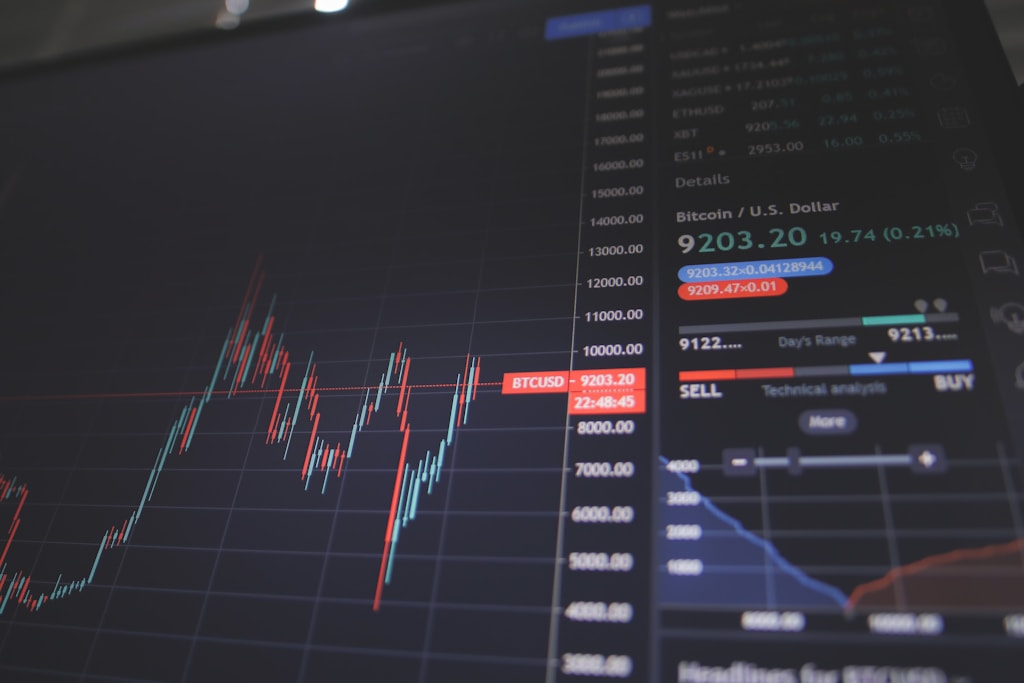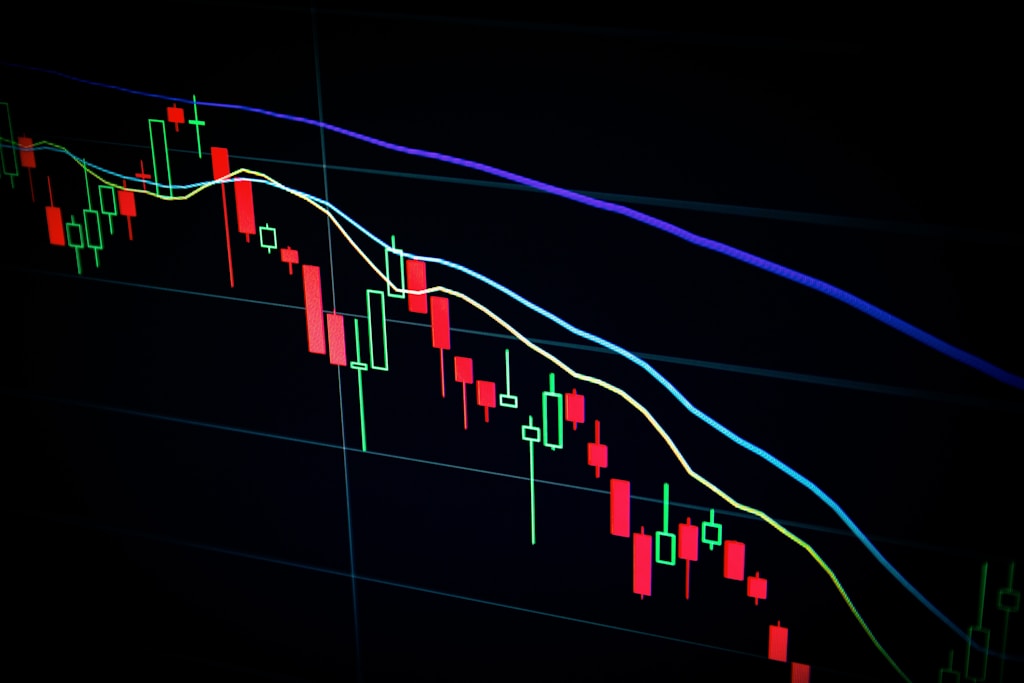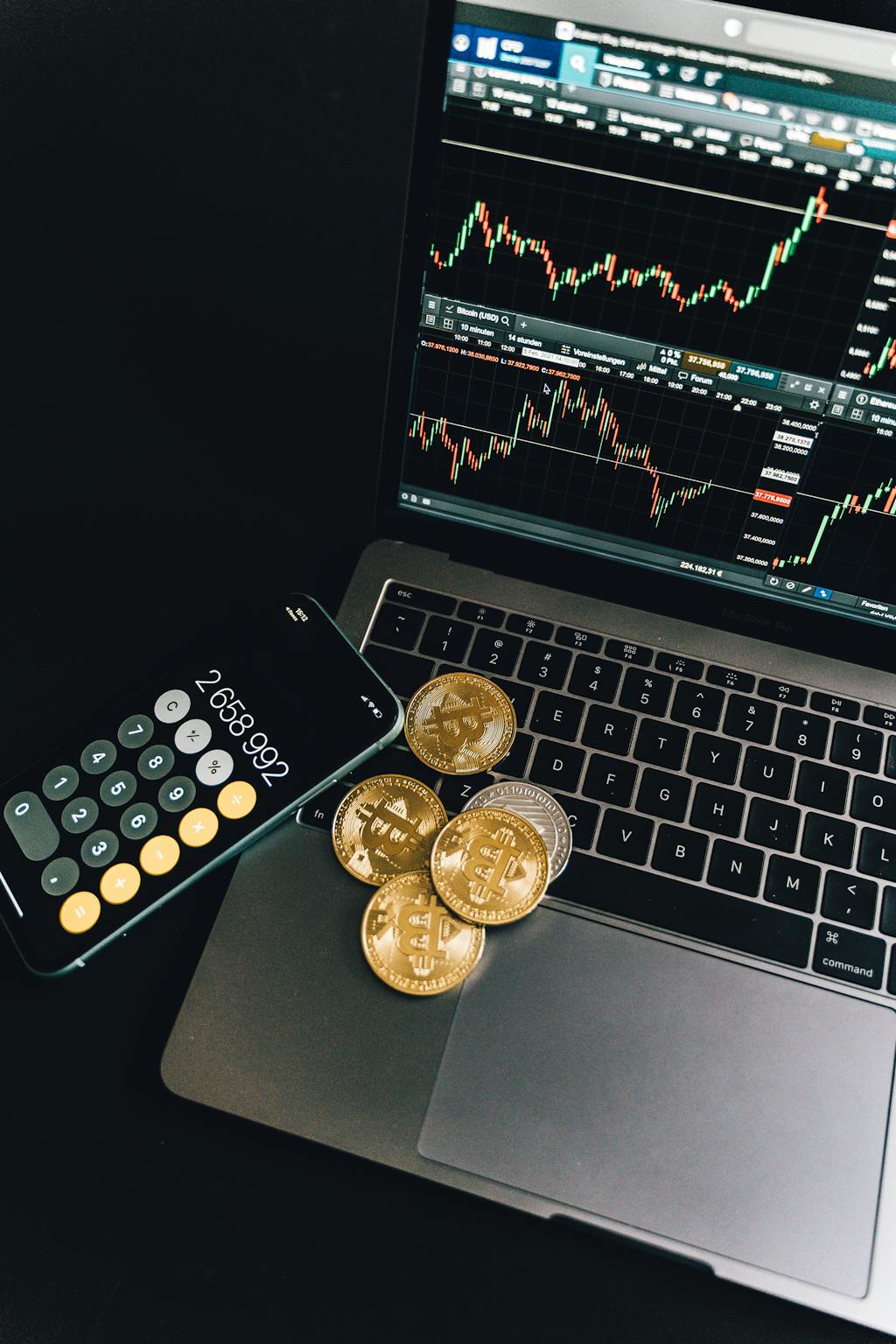Former U.S. Congressman Ron Paul has issued a stark warning about BRICS nations’ upcoming strategy to challenge dollar dominance, potentially reshaping the global financial landscape. The announcement comes as Brazil continues pushing for dollar-free BRICS trade, signaling a coordinated effort to reduce U.S. currency influence.
Key Highlights of the BRICS ‘Rio Reset’ Strategy
- Implementation planned for July 2025
- Focus on alternative payment systems
- New cross-border settlement mechanism
- Potential impact on global trade dynamics
Ron Paul’s Analysis of Dollar Dominance Threats
As a long-time advocate of sound money policies, Paul emphasizes that this coordinated BRICS initiative could fundamentally alter the global financial system. The proposed ‘Rio Reset’ aims to establish new trading mechanisms that bypass traditional dollar-based settlements.
Potential Impact on Global Markets
The BRICS alliance’s strategy could significantly affect:
- International trade settlements
- Currency exchange rates
- Global economic power balance
- U.S. dollar hegemony
Expert Insights and Market Implications
Financial analysts suggest this move could accelerate the trend toward de-dollarization, potentially creating new opportunities in alternative currencies and digital assets.
Frequently Asked Questions
Q: When will the BRICS ‘Rio Reset’ take effect?
A: The strategy is scheduled for implementation in July 2025.
Q: Which countries are involved in this initiative?
A: The BRICS nations (Brazil, Russia, India, China, and South Africa) plus several aligned economies.
Q: How might this affect global trade?
A: It could significantly reduce dollar dependence in international trade and create new settlement mechanisms.




